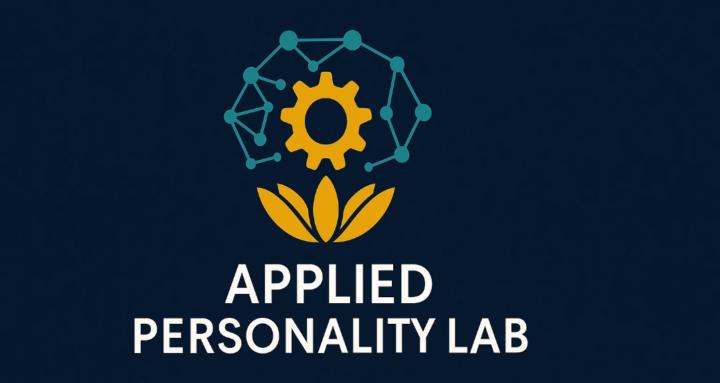
Write something
It's so common to find posts regarding sharing assessment details of a personality profile. You know I have to respond to each one with something like...
95% of these tests are going to show very blurry results. I've made posts elsewhere regarding why. You are better off doing a 10 page vomit, or taking an assessment (and more than one time) that is inclusive to scoring on a more garnualar range not just functions, account for test bias, desirablility bias, prototype matching... I wouldn't suspect these tests that are made in 5 minutes to hold any insight, unfortunately. Not advertising the one I'm building that will have a scoring engine behind it, but find something better and retest 2 or 3 times for variance/invariance.
1
0
Your Core Strength Under Stress
I had a fascinating conversation recently with someone of the EII type. She shared how frustrating it can be when people don’t live up to her deeply felt sense of values. For her, introverted feeling (Fi) isn’t just a preference—it’s a 4-dimensional strength. She notices instantly when respect is lacking, when people aren’t being genuine, or when fairness is compromised. And in moments of stress, this core strength can actually feel like a burden: it becomes harder to give grace, and she finds herself growing impatient or short with others. I explained it to her like this: imagine standing on a mountain peak. That’s the level of awareness you have with your strongest function—it’s high, refined, and incredibly clear. But most people are climbing that mountain from much lower ground. They may not have the same dimensional depth in that area that you do. So the challenge is to practice empathy in an unexpected way—not just empathy for values, but empathy for the fact that others can’t always operate at the same altitude you do. I feel this myself with extroverted logic (Te), my core strength. When I’m stressed, I get shorter with people. I expect efficiency, clarity, and “common sense.” I get frustrated when things feel unnecessarily complicated or when people ask questions that, to me, have obvious answers. But again—it’s that mountain effect. I have to remember not everyone sees systems and efficiency the same way, and that’s okay. ✨ The truth is, every type has this experience. Under stress, our main function constricts. We expect others to “get it” at our level of dimensional awareness, and when they don’t, frustration builds. The growth challenge is to recognize this tendency and consciously extend grace. So here’s a question for you all: 👉 What’s your strongest function, and how does it show up in your daily life? Do you notice yourself becoming less forgiving with others in that area when you’re stressed? Would love to hear your reflections.
1
0
Checking in, how are you doing this week?
Doing a check in for your different states is super important. Sometimes we slip and "drift" into different modes, impacting others around us unknowingly. Some common states we find ourselves in are flow (our best self) Stress (constricted/narrow) and performative (autopilot/default, high engagement) How do these modes impact you, what are you like, everyone experiences a different version of themselves in these versions of our selves.
What Can Learn From a Session I had with a Member
I had a session with a community member recently, and their journey really highlighted something important about typology: it isn’t just about pinning down one “true type.” It’s about learning how your core type interacts with your shifting states over time. Here are some key insights that came out of our discussion: 1. Personality Is Not Static Traditional systems (like MBTI or Socionics) assume personality is fixed. But in reality, we all shift depending on stress, growth, or mood. PRISM captures this by showing: - Core Type → your stable foundation. - State Variations → temporary shifts when you’re stressed, inspired, or recharging. 2. Reliable Testing Matters The member noted how other tests gave different results each time. That’s because most assessments don’t account for nuance. PRISM’s assessment is longer, built with checks and balances, and designed to track consistent patterns across time. Retesting after a few months gives much more clarity. 3. Growth Comes From Tracking Your States One big insight was that self-awareness doesn’t come from a single test result—it comes from tracking your shifts. If you can see which states you tend to enter under stress vs. when you’re thriving, you start building a feedback loop for regulating your energy, relationships, and flow. 4. The New Question to Ask Instead of staying stuck on “Which type am I really?”, the better question is: “How do my states oscillate, and how can I use that awareness to grow?” When was the last time you felt “like a different person” — maybe withdrawn under stress, or bold when inspired? How might PRISM explain that as a state variation rather than a different type?
1-10 of 10

skool.com/your-personality-blueprint
Turn self-knowledge into clearer performance and conversations in 7 days or less.
Powered by



